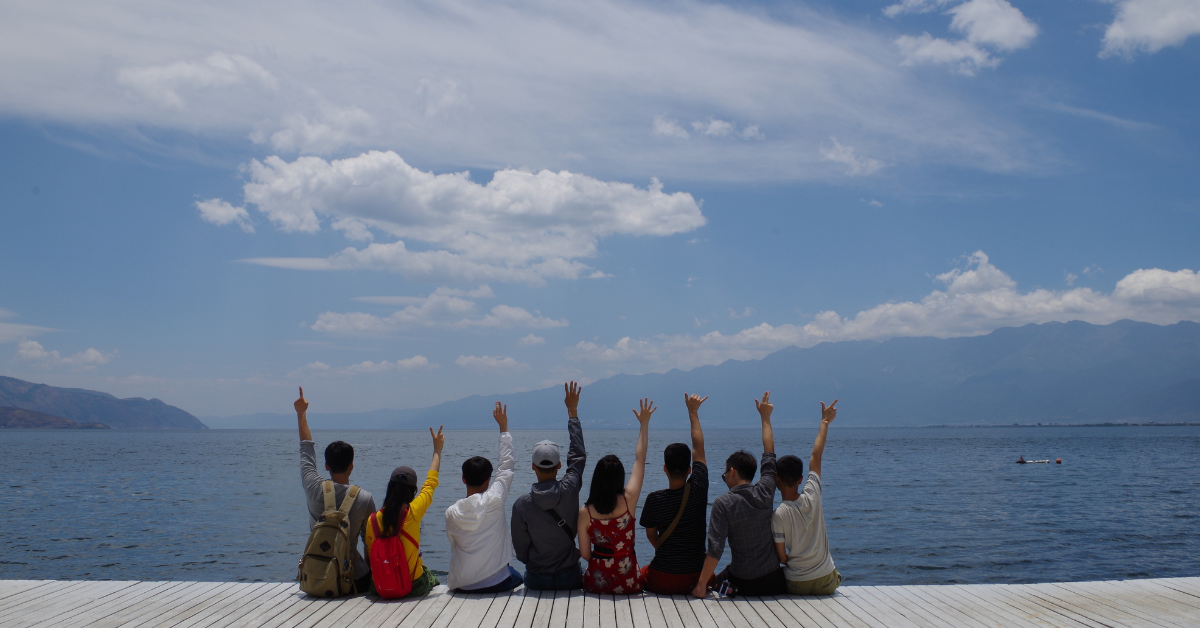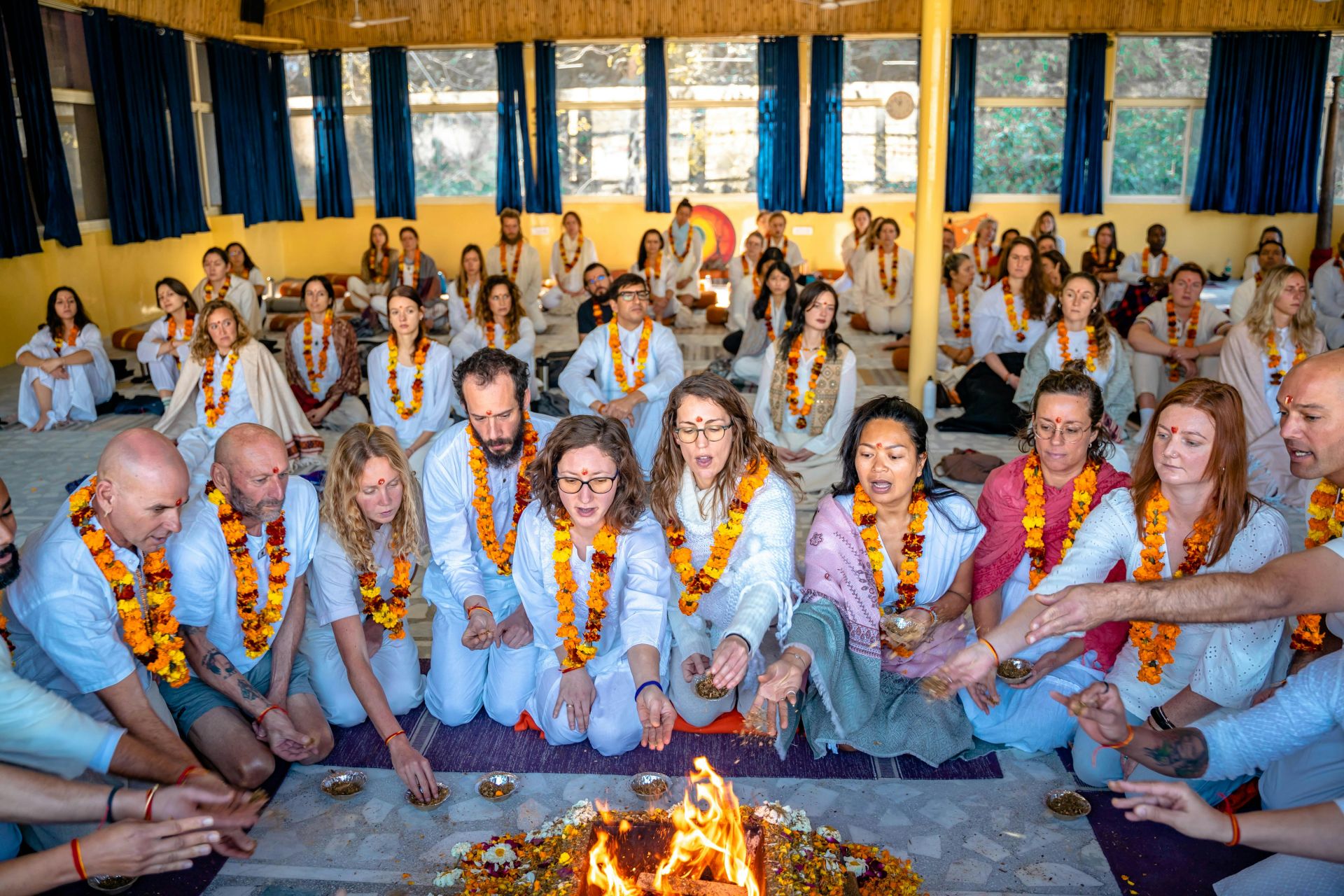Have you ever found yourself in the middle of a retreat, only to be faced with a problem you didn’t anticipate? It’s a situation every retreat host hopes to avoid, yet unexpected challenges are an inevitable part of any event. Whether it’s logistical issues, difficult attendees, or sudden weather changes, how you handle these surprises can make or break the retreat experience.
So, what can you do when things don’t go as planned? As a retreat host, your success hinges on your ability to adapt quickly and efficiently. This guide will show you how to navigate common problems with confidence and composure, ensuring that your retreat remains an inspiring and fulfilling experience for all.

The Importance of Flexibility and Adaptability
One of the most important qualities a retreat host can possess is flexibility. No matter how well you plan, there will always be variables outside of your control. The key is to remain adaptable in the face of unforeseen circumstances.
One of the most important qualities a retreat host can possess is flexibility. No matter how well you plan, there will always be variables outside of your control. The key is to remain adaptable in the face of unforeseen circumstances.
Imagine that a guest speaker suddenly cancels, or the weather shifts from sunny to stormy, throwing off your schedule of outdoor activities. In these moments, it’s crucial to keep a calm and problem-solving mindset. Rather than seeing setbacks as failures, treat them as opportunities to get creative. Your ability to pivot will set the tone for your retreat, keeping participants engaged and content despite the changes.
Key Tip: Always have a backup plan for each aspect of your retreat. Whether it’s an alternative activity, an indoor location, or a second speaker, having options ready will help minimize disruption when things don’t go as expected.

Handling Logistical Setbacks
Logistical issues can arise from a variety of sources—venue problems, transportation delays, or even equipment failures. While these challenges may seem daunting, there are proactive steps you can take to minimize their impact on the retreat experience.
Common Logistical Issues and Solutions:
- Venue Problems: If the retreat space is unavailable or unusable (for example, due to a last-minute booking error or maintenance issue), having a secondary venue option nearby is crucial. Always confirm reservations and inspect the venue beforehand to ensure everything is in working order.
- Transportation Delays: When flights or shuttles are delayed, be sure to have flexible scheduling for the first day of the retreat. Start with activities that can be adjusted according to arrival times, such as welcome sessions, briefings, or light activities that latecomers can join without feeling left out.
- Equipment Failures: Whether it’s a faulty projector or malfunctioning sound system, tech issues are common in any event setting. Bring backup devices when possible, and consider hiring a tech professional to manage the retreat’s equipment and troubleshoot potential problems quickly.
Managing Difficult Attendees
Dealing with difficult or disruptive attendees can be one of the most stressful challenges for a retreat host. Whether someone is constantly complaining, refusing to participate, or creating tension within the group, it’s important to address the situation calmly and assertively without letting it affect the overall atmosphere.
Strategies for Handling Difficult Attendees:
- Active Listening: Sometimes, attendees just want to feel heard. If someone is voicing complaints, take the time to listen and understand their concerns. Empathizing with them can help diffuse the situation and show that you’re invested in their experience.
- Set Clear Boundaries: If an attendee’s behavior becomes disruptive to the group, it’s essential to set boundaries. Be firm yet respectful, reminding them of the retreat’s purpose and how their actions are affecting others. For example, you might say, “I understand you’re having a difficult time, but we need to maintain a positive environment for everyone. Let’s find a solution together.”
- Private Discussions: Address major issues privately. If someone is causing significant disruption, pull them aside for a one-on-one conversation. This allows you to handle the situation without embarrassing them in front of the group, which can often escalate the problem.

Preparing for Unpredictable Weather
Outdoor retreats often rely on good weather, but as we all know, the weather doesn’t always cooperate. Having a flexible plan that accounts for weather changes is essential to keeping your retreat on track.
Weather-Related Solutions:
- Have Indoor Backup Activities: If your retreat is primarily outdoors, always plan a set of indoor activities. Consider creative alternatives such as mindfulness workshops, art therapy, or group discussions. These activities can keep participants engaged without feeling like they’re missing out on the outdoor experience.
- Weather-Appropriate Gear: Encourage attendees to come prepared for changing weather conditions. Send out a packing list before the retreat that includes items like rain jackets, sturdy shoes, and warm clothing, especially if the retreat is in a remote area with variable climates.
- Create Shelter Zones: For outdoor events, ensure there are sheltered areas or temporary setups, like tents, where participants can go if the weather turns. This helps maintain the flow of the retreat even in less-than-ideal conditions.
Experiencing Schedule Changes
Even with a perfectly planned itinerary, timing can go awry. Whether a session runs over time or a key activity is delayed, it’s essential to remain flexible and manage the flow of the retreat effectively.
Time Management Tips:
- Prioritize Core Activities: If you need to cut something from the schedule, focus on the core activities that are central to the retreat’s purpose. For example, if the retreat’s goal is relaxation, prioritize yoga or meditation sessions over more ancillary workshops.
- Communicate Changes Clearly: If there’s a schedule change, inform participants immediately. Whether it’s through an announcement, group chat, or updated printed schedule, clear communication helps prevent confusion and frustration.
- Build in Buffer Time: Leave some breathing room between activities. A packed schedule may look impressive, but it doesn’t account for the unpredictability of events. Buffer time allows for unforeseen delays and ensures that participants don’t feel rushed.

Encouraging Open Communication
Creating an environment where attendees feel comfortable communicating their needs and concerns can help prevent many problems before they arise. Openness and transparency go a long way toward building trust and managing expectations.
Ways to Enrich Open Communication:
- Pre-Retreat Surveys: Send out a survey before the retreat to gather information on participants' preferences, concerns, or any potential issues. This gives you time to address any red flags and adjust your planning accordingly.
- Daily Check-Ins: Implement daily check-ins where participants can share feedback about how they’re feeling and any concerns they have. These check-ins can be formal or informal, depending on the retreat’s tone, but they provide valuable insights into the group’s overall satisfaction.
- Open Channels: Encourage participants to reach out if they have any issues. This could be through a designated point of contact or a group message board. Knowing that they can voice concerns at any time helps build trust and fosters a sense of community.

Conclusion: Mastering the Art of Problem-Solving for Retreats
No retreat is immune to unexpected challenges, but how you handle these problems will determine the success of your event. Whether it’s adjusting schedules, managing difficult attendees, or finding creative solutions to logistical issues, your ability to stay flexible and think on your feet is key.
At GoToRetreats, we understand the unique challenges retreat hosts face. That’s why we offer comprehensive retreat planning services that take the stress out of the process. From logistical support to managing attendees, our team of experts ensures that every detail is taken care of, so you can focus on creating an unforgettable experience for your participants.
With GoToRetreats, you have everything you need under one roof to handle the unexpected with ease. Be ready to make your next retreat a seamless success!
With GoToRetreats, you have everything you need under one roof to handle the unexpected with ease. Be ready to make your next retreat a seamless success!
